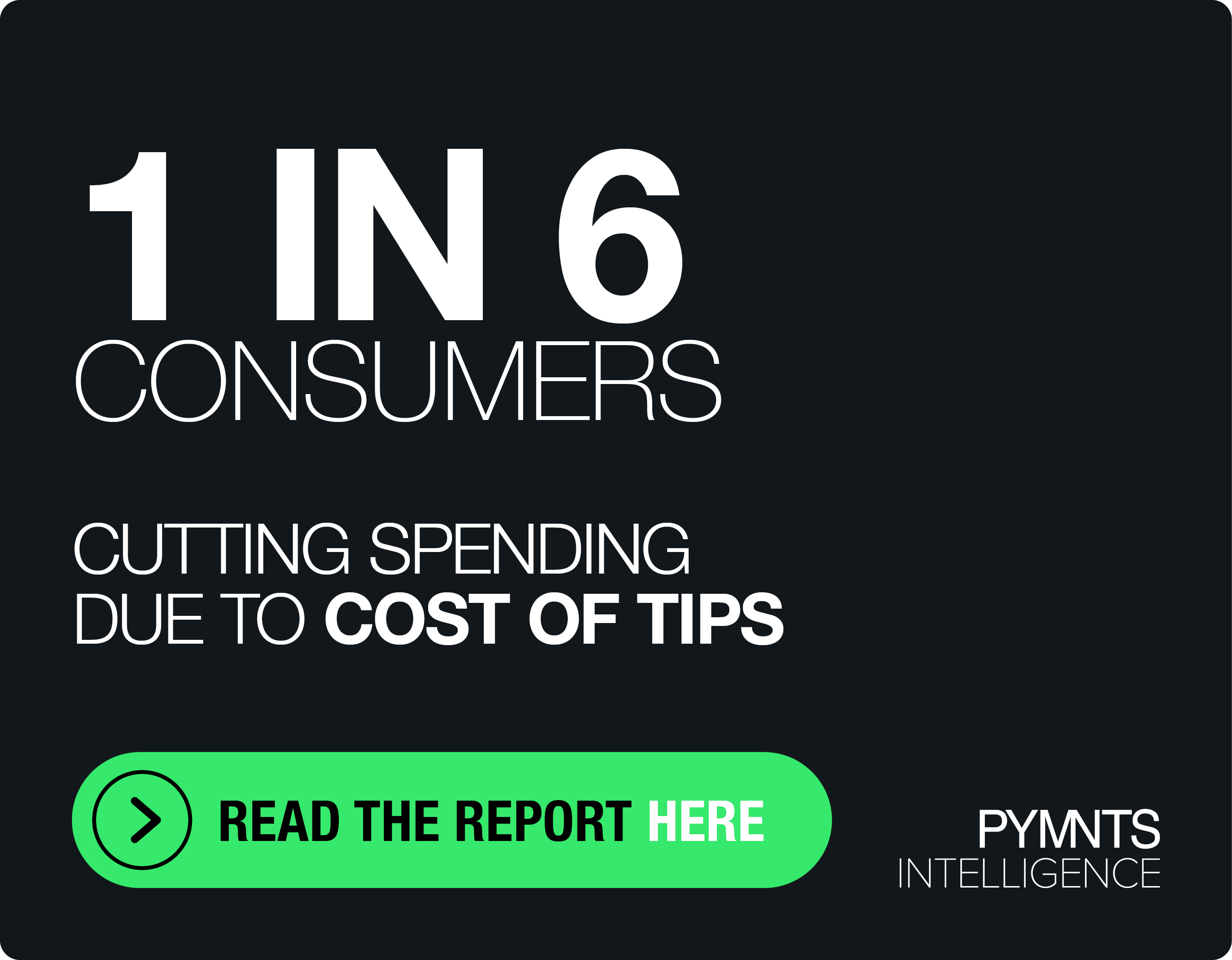JPMorgan Holds Firm on Plans to ‘Tokenize’ Traditional Finance

JPMorgan Chase is committed to tokenize traditional finance despite upheaval in the cryptocurrency sector.
The bank’s digital asset program, Onyx, is already being used by Goldman Sachs, DBS Bank and BNP Paribas, and 15 other banks and broker dealers are looking to sign up for it, program head Tyrone Labbone said in an interview with CoinDesk posted Thursday (April 27).
According to the report, the bank has processed nearly $700 billion in short-term loan transactions via Onyx, a permissioned version of the Ethereum blockchain.
“We think that tokenization is a killer app for traditional finance,” Lobban said.
“If you think about private markets — private credit, private equity and private real estate — they are pretty much double the size of public markets, but many orders of magnitude less liquid, so there’s this huge disparity.”
The report notes that Onyx has felt the impact of the crypto market downturn and an uptick in scrutiny by regulators. Lobban acknowledged the need for greater caution but said overall nothing has changed for his platform or the bank that owns it.
“The timing might be a little bit longer than what it was before, but our strategy hasn’t changed at all,” he told CoinDesk. “In any case, there’s so much work to do that these kinds of momentary lows are really very minor over the long term.”
As PYMNTS wrote earlier this week, tokenized deposits are gaining consideration around the world. For example, Bank of England Deputy Governor Sir Jon Cunliffe said in a speech last week that stablecoins as payments may need to be limited.
In the speech he argued that “it is extremely unlikely that any of the current offerings would meet the standards for robustness and uniformity we currently apply both to commercial bank money and to the existing payment systems.”
Drilling down further, Cunliffe said that as commercial banks issue digital money over new payment rails — the tokenized deposits — they offer “some or all of the functionality and efficiency claimed for stablecoins, allowing banks deposits to compete better with non-bank payment coins.”
The initial efforts have focused on wholesale payments, PYMNTS noted, but there’s room for use in retail settings.
The U.S. Federal Reserve offered its take on the matter in 2022, when it argued that tokenized deposits provided advantages over stablecoins, as they’d act as regular deposits.
And Rob Hunter, deputy general counsel and director of regulatory and legislative affairs at The Clearing House, discussed the topic with PYMNTS’ Karen Webster in an interview late last year.
“There’s no reason why banks shouldn’t be allowed to use a new technology to perform functions that are clearly within the business of banking itself,” he said, including “functions like deposit taking and transferring value that banks have been doing for hundreds of years.”

